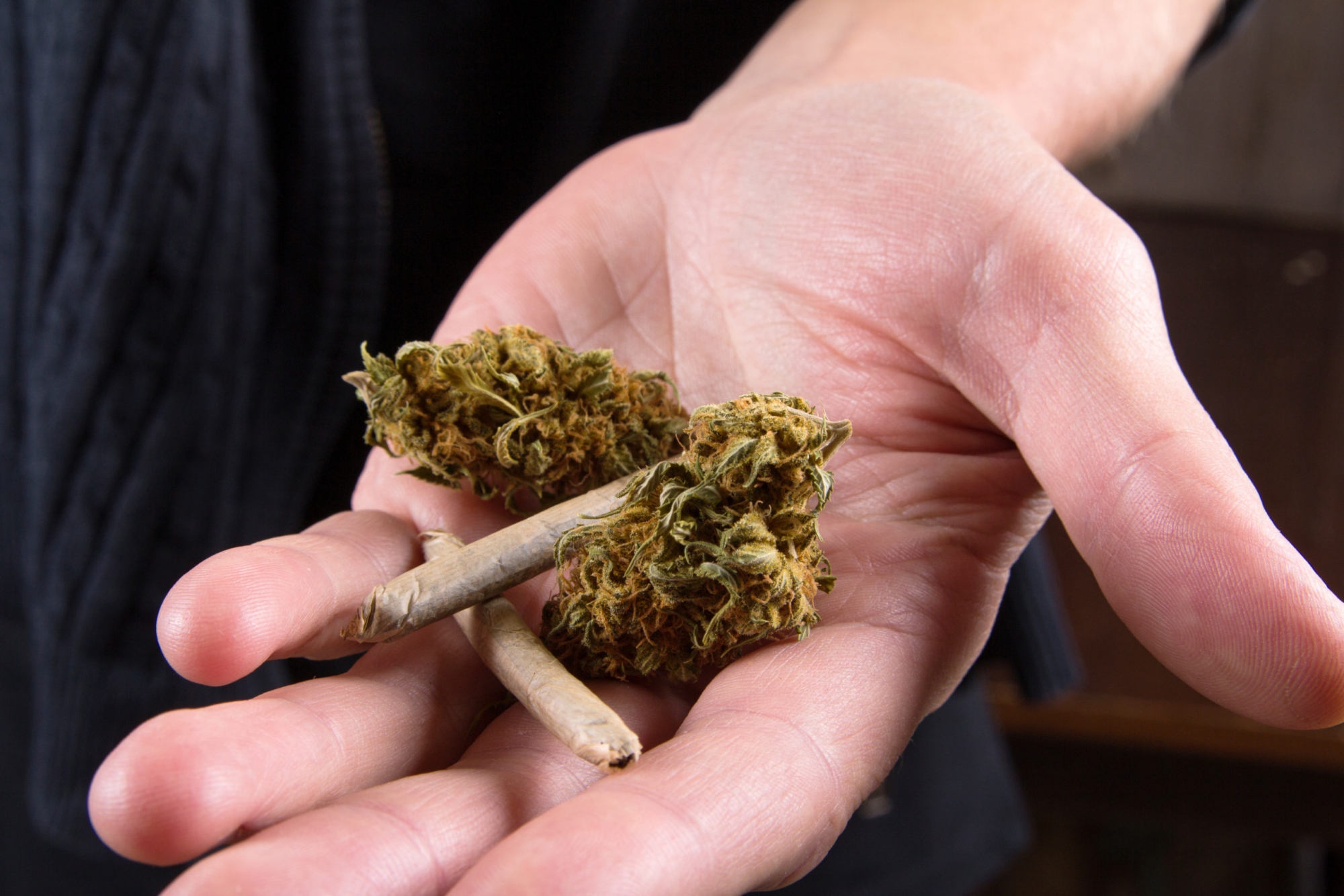You are here
Home 🌿 Recreational Marijuana News 🌿 Ontario’s legal pot stores celebrate one year in business — but most cannabis users are still buying illegally 🌿Ontario’s legal pot stores celebrate one year in business — but most cannabis users are still buying illegally

Canada’s black market of pot is still riding rampant over licensed retailers, a year into what many say continues to be a slow rollout of brick-and-mortar stores in Ontario and regulatory challenges.
Retail stores in Ontario sold approximately $200 million in recreational pot last year, accounting for the lion’s share of just under $300 million in estimated Ontario Cannabis Store recreational sales, said Cheri Mara, chief commercial officer for the OCS. That’s far below the estimated $2.9-billion provincial market value.
“I wouldn’t be honest with you if I said we were happy with that number … when our mandate is to eradicate the illicit market,” she said.
At the end of 2018, Canada’s legal market accounted for roughly 12 per cent of the total recreational cannabis sold. That’s estimated to have jumped to 35 per cent by the end of 2019, said Rosalie Wyonch, policy analyst at C.D. Howe Institute. The institute made estimates based on consumption trends gleaned from Statistics Canada data.
“It does show significant gains, but legal consumption is still only about a third of the (Canadian) market,” she said. “The black market is likely to remain for some time.”
Mitchell Osak, cannabis advisory lead at consulting firm MNP, said the current pace at which stores are being approved in Ontario is “not going to put a major dent in satisfying demand.”
To date, 54 stores are authorized to operate in Ontario, but it’s not clear how many are currently open. Only 13 have been authorized to open in Toronto.
The Alcohol and Gaming Commission of Ontario says it’s on track to issue up to five retail store authorizations per week.
Alberta, meanwhile, has issued more than 450 retail licences to date.
Online sales have remained slow because there is still stigma attached, said James Burns, president and CEO of Alcanna, the parent company for Nova Cannabis, which was the second store to open in Toronto.
“People don’t want to give their name or credit card,” he said.
Alcanna runs 30 stores in Alberta with the Toronto Nova store being its sole shop in Ontario.
Nova saw a “noticeable increase in sales in the summer, when the city and police clamped down” on illegal storefronts, Burns said. The store did about $500,000 in weekly sales during its summer peak.
He said illegal dealers have become more nimble and ingenious in their counterattacks.
When customers flooded to Toronto stores to stockpile pot amid the early days COVID-19, “the dealers were working our lines, handing out business cards,” Burns said. “They’re highly organized and they will stay that way until we have a lot more stores in Ontario.”
There was approximately $1.57 billion worth of recreational cannabis consumed through licensed avenues in 2019, compared to the estimated $3.7 billion purchased through unlicensed channels, according to Statistics Canada. Those numbers do not account for the $618 million in medical sales during the same time.
Health Canada told the Star that the experience of U.S. states demonstrates that displacing the illegal market takes a few years.
“Various estimates have consistently found displacement of the illegal market to be between 60 per cent and 70 per cent after three or four years in the U.S. states that have regulated access to cannabis,” Health Canada said.
Cameron Brown of Hunny Pot Cannabis Co., the first retail store to open in Toronto, said he didn’t have the “one-year celebration that we wanted to have” as the store marked its first full year of operation last month.
Growth in 2020 will hinge on the ability of the regulated market to win over new users, who are older and are getting into CBD topicals such as oils and lotions. As legal stores gain traction in parts of the province that had no such options before, it “will continue to eat away at that illicit market,” he said.
420 Intel is Your Source for Marijuana News
420 Intel Canada is your leading news source for the Canadian cannabis industry. Get the latest updates on Canadian cannabis stocks and developments on how Canada continues to be a major player in the worldwide recreational and medical cannabis industry.
420 Intel Canada is the Canadian Industry news outlet that will keep you updated on how these Canadian developments in recreational and medical marijuana will impact the country and the world. Our commitment is to bring you the most important cannabis news stories from across Canada every day of the week.
Marijuana industry news is a constant endeavor with new developments each day. For marijuana news across the True North, 420 Intel Canada promises to bring you quality, Canadian, cannabis industry news.
You can get 420 Intel news delivered directly to your inbox by signing up for our daily marijuana news, ensuring you’re always kept up to date on the ever-changing cannabis industry. To stay even better informed about marijuana legalization news follow us on Twitter, Facebook and LinkedIn.




